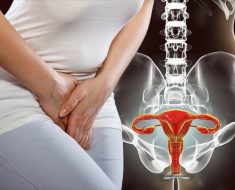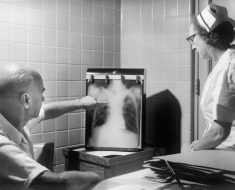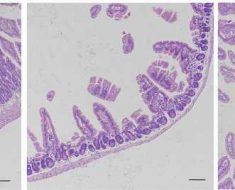THURSDAY, Oct. 29, 2020 — Long-term use of estrogen-only and combined estrogen and progestogen hormone replacement therapy (HRT) is associated with an increased risk for breast cancer, according to a study published online Oct. 28 in The BMJ.
Yana Vinogradova, Ph.D., from the University of Nottingham in the United Kingdom, and colleagues conducted two nested case-control studies involving 98,611 women aged 50 to 79 years with a primary diagnosis of breast cancer between 1998 and 2018, matched to 457,498 controls.
The researchers found that 34 and 31 percent of women with a diagnosis of breast cancer and controls, respectively, had used HRT prior to one year before the index date. For recent HRT users (less than five years) with long-term use (at least five years), estrogen-only therapy and combined estrogen and progestogen therapy were associated with an increased risk for breast cancer compared with never use (adjusted odds ratios, 1.15 and 1.79, respectively). The increased risk was highest for norethisterone and lowest for dydrogesterone among combined progestogens (adjusted odds ratios, 1.88 and 1.24, respectively). No increased risk was seen in association with past long-term use of estrogen-only therapy and past short-term (less than five years) use of estrogen-progestogen. However, the risk associated with past long-term estrogen-progestogen use remained elevated (adjusted odds ratio, 1.16).
“Our results add more evidence to the existing knowledge base and should help doctors and women to identify the most appropriate HRT formulation and treatment regimen,” the authors write.
Abstract/Full Text
Source: Read Full Article





